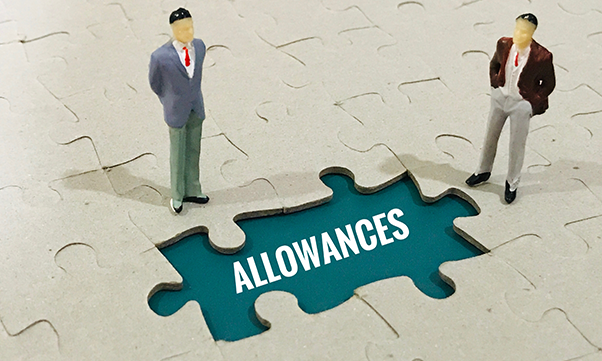Tax is due on interest earnt from certain investments, and with increases in interest rates more tax payers are now required to declare and pay tax in interest earnt.
- Personal Savings Allowance (PSA): Most individuals are eligible for a PSA, which allows them to earn a certain amount of interest tax-free each year. The amount of the allowance depends on the individual’s tax bracket: for basic rate taxpayers, the PSA is £1,000, for higher rate taxpayers, it’s £500, and additional rate taxpayers don’t receive a PSA.
- Taxable Interest: Any interest earned above the PSA threshold is generally subject to income tax. This taxable interest is added to the individual’s total income for the tax year and taxed at the applicable income tax rates.
- Interest not subject to tax: Individual Savings Account (ISA): Interest earned within an ISA is typically tax-free, meaning it doesn’t count towards the individual’s PSA or income tax liability. National Savings and Investments (NS&I): Some savings products offered by NS&I may be tax-free, such as Premium Bonds, while others may be subject to income tax.
It is the responsibility of tax payers to declare interest earnt where tax is due. Tax laws and regulations can be complex and subject to change, so seeking advice from a tax professional or referring to HMRC’s guidance is advisable for ensuring compliance with tax obligations.
If you are in doubt and want to talk to someone, please give either of us a call
Call –Tim: 07875 410466
Call – Nic: 07985 645087



